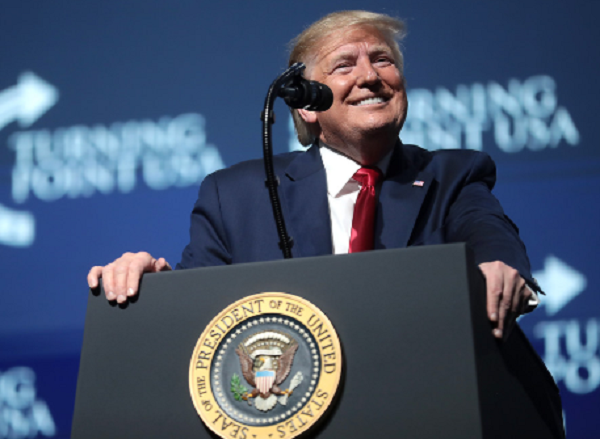The Democratic Party is currently confronted with the fact that their politically driven case against President Donald Trump regarding Jan. 6 will not reach trial before the crucial November election.
President Trump achieved a significant legal victory when the United States Supreme Court opted to take on his immunity case this week. By simply agreeing to examine the issue, the court has significantly reduced the chances of Trump facing trial before the 2024 election. This development deals a severe blow to Democrats, who have a strong emotional investment in seeing Trump convicted for the alleged “insurrection.”
Conversely, this is excellent news for Trump, as his best chance of avoiding a conviction in the left-leaning D.C. is to avoid trial altogether. Among the four criminal cases Trump is involved in, the Jan. 6 case in D.C. poses the greatest threat to his presidential aspirations.
The trial, initially set to commence on March 4, is currently on hold pending Trump’s appeal. The appeal was previously rejected by an appellate court in D.C.
The appeals court decision was believed to be solid by left-wing lawyers, leaving the Supreme Court with no choice but to reject Trump’s appeal. However, it seems that the court is interested in addressing the significant and legally untested issue of whether presidents are immune from prosecution for their official actions.
Trump has cautioned that without such immunity, presidents would have to worry about facing legal troubles once they are no longer in office. Democrats find it convenient to label Trump as an “insurrectionist,” but the court does not share the same view and has already expressed doubts about efforts to remove him from the ballot. The Supreme Court does not necessarily have to agree with Trump on the matter of immunity in order to rule in his favor.
A thorough examination of the questions at hand might be sufficient to postpone the trial until after the election. If Trump were to win the presidency, he could potentially pardon himself, thereby avoiding the trial altogether.







